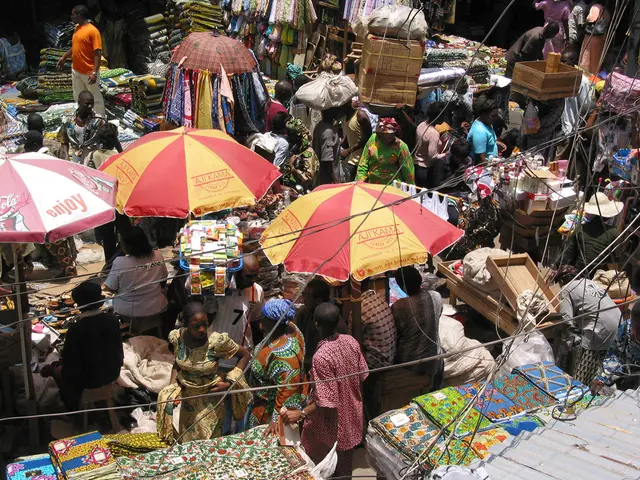Kazakhstan Aims to Become Digital State in 3 Years
Kazakhstan is pushing forward with its digital transformation, aiming to become an efficient digital state within three years. President Kassym-Jomart Tokayev is leading this initiative, which is expected to improve quality of life and reduce inequality, aligning with the Sustainable Development Goals (SDGs).
The government is actively working on digital legislation. The Parliament is debating the Digital Code, the first comprehensive law for digital legal relations. Meanwhile, the Senate is reviewing the Law on Intelligent Technology to establish a regulatory foundation for new technologies.
To ensure digital transformation benefits all citizens, digital inclusion programs are recommended. This includes targeted initiatives for elderly citizens and people with disabilities. Additionally, a Digital Literacy course is proposed for primary schools to prepare students for the digital environment.
Intelligent technology and the Digital Kazakhstan strategy are seen as key tools for achieving the SDGs. Senate Speaker Maulen Ashimbayev highlighted that digitization impacts up to 70% of the key indicators for the SDGs. However, digital inequality remains a major barrier, affecting access to education and social services.
Kazakhstan's digital transformation is underway, with the government working on legislation and inclusion programs. The Digital Code and Law on Intelligent Technology are expected to provide a solid foundation for the digital future. With digital literacy for students and inclusion for all, the country is aiming to harness technology to improve lives and achieve the SDGs.
Read also:
- American teenagers taking up farming roles previously filled by immigrants, a concept revisited from 1965's labor market shift.
- Weekly affairs in the German Federal Parliament (Bundestag)
- Landslide claims seven lives, injures six individuals while they work to restore a water channel in the northern region of Pakistan
- Escalating conflict in Sudan has prompted the United Nations to announce a critical gender crisis, highlighting the disproportionate impact of the ongoing violence on women and girls.






